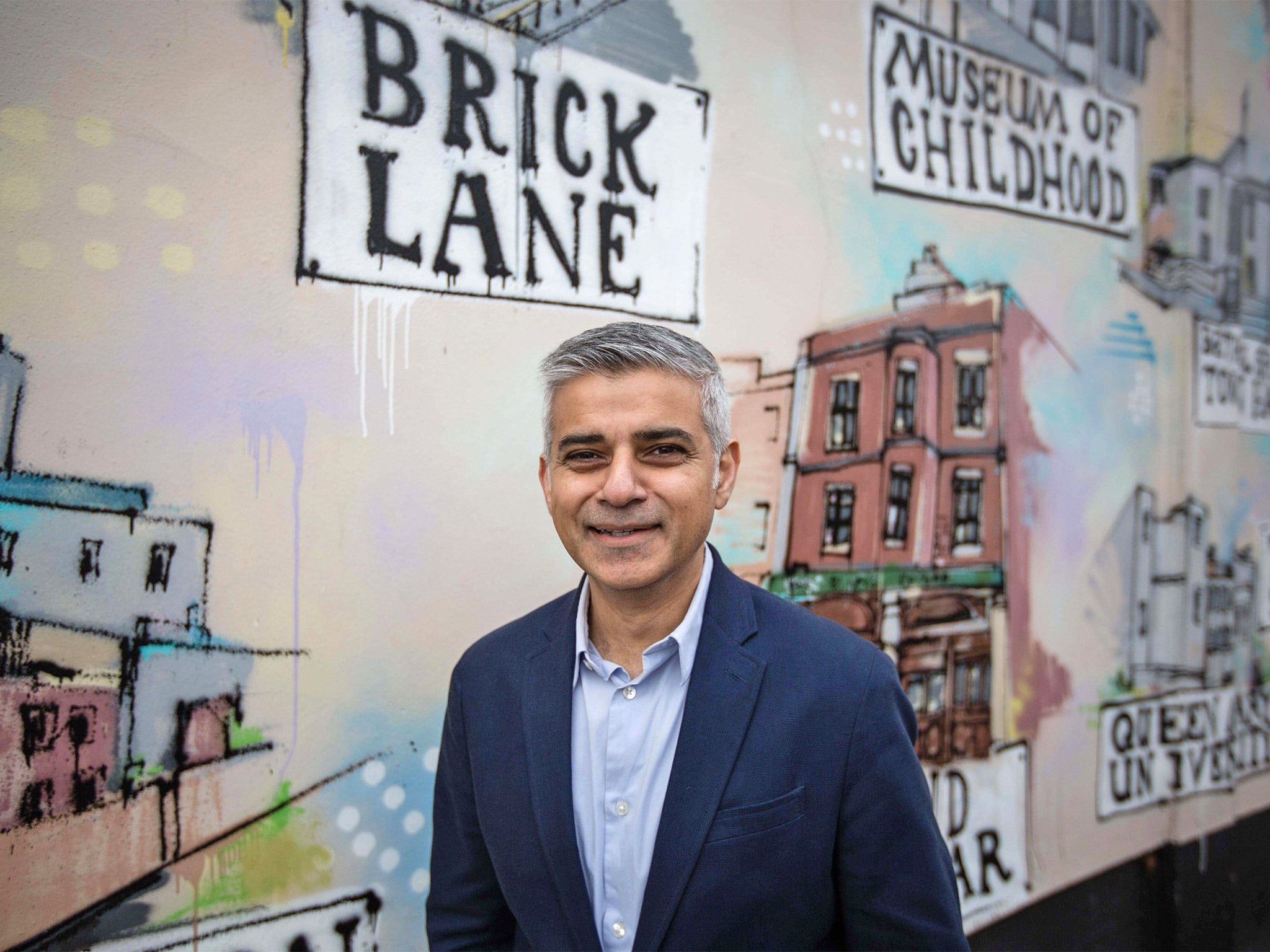Zac Goldsmith's comments about Sadiq Khan have made the fight to become London Mayor dirty
The word “radical” is a capacious one; it has many different meanings, which are context dependent. But describing a Muslim candidate in this way lies dangerously close to dubbing them as “radicalised”


This week, Tory London mayoral candidate Zac Goldsmith has been circulating leaflets in which he branded his primary opponent, Labour MP Sadiq Khan as “radical and divisive”. Khan is a Muslim; to some the Islamphobic sentiment laced Goldsmith’s description is undeniable.
But that hasn’t stopped Goldsmith from defending his choice of toxic words with a garbled response which was mainly about Jeremy Corbyn. Media dislike for Corbyn is intense; the Tories are hyping up the Labour leader’s views and statements to turn them into something they are not. But in a bullet point list of six attack lines, this description of Khan was separate from his connection to Corbyn; for me there’s no mistaking the racialised undertones of Goldsmith’s propaganda.
The word “radical” is a capacious one; it has many different meanings, which are context dependent. But describing a Muslim candidate in this way lies dangerously close to dubbing them as “radicalised” or a branding them an “extremist” - words that are, in contemporary society, almost exclusively associated with so-called Islamic terrorists. These words are not the same, but in the public’s minds they are very probably linked.
Goldsmith’s apparent message, then: Khan, as a Muslim, can’t be trusted because he’s likely a terrorist sympathiser. Desperately trying to make headway in what’s anticipated as a tough battle, Goldsmith is seemingly grasping at the familiar “dog-whistle politics” that have been, according to the Daily Mail, deployed time and again by David Cameron’s strategist Lynton Crosby. No surprise that the Australian, described as “master of the dark political arts”, has ensured that his business partner Mark Fullbrook is a cog in the Goldsmith campaign machine.
Islamophobia is now more widespread in Britain than ever before. Following the Paris attacks in November there was a spike in Islamophobic hate crime of more that 300 per cent. Even before this terrorist incident, in London – the city Goldsmith wants to represent – hate crime against Muslims rose by 70 per cent between 2014 and 2015. In this climate, even running the risk of stoking anti-Muslim sentiment is a morally repugnant, dangerous political trick. The slick Tory campaigning machine knows this all too well.
Goldsmith’s response to unhappiness with his choice of words seemed further proof of his underlying prejudice: Khan is “playing the race card”, he said. When a person of colour accuses someone of racism, it can’t be batted away as way to avoid debate. Like other pernicious forms of discrimination, it has to be taken seriously. Not least because racism lurks around every corner in British society: Last year one third of Britons admitted they were racist on some level, black people are more likely to be stopped and searched by the police than any other ethnic group; racial bias plays a part in the job market and women of colour are told magazine covers featuring their faces won’t sell. These are all symptoms of an institutionally racist society.
The term “playing the race card” is often used to silence people of colour; it minimises their problems. Goldsmith’s inability to see this or to realise the myriad forms of racism in this country means he simply shouldn’t be Mayor of London, a city where 44 per cent of the population come from minority ethnic backgrounds.
This is sadly not the worst of what is likely to come in the months leading up to the mayoral vote in May. But this alone proves that Goldsmith is the wrong person to be Mayor: if he sees no problem in throwing around prejudicial platitudes about “the race card”, he certainly can’t be trusted to speak to a city where 12.4 per cent of the population are Muslims. If the reaction to accusations of racism is a knee-jerk dismissal, he can’t work effectively with and for the thousands of minority ethnic people in our capital. London and wonderfully different Londoners deserve better.
Join our commenting forum
Join thought-provoking conversations, follow other Independent readers and see their replies
Comments
Bookmark popover
Removed from bookmarks